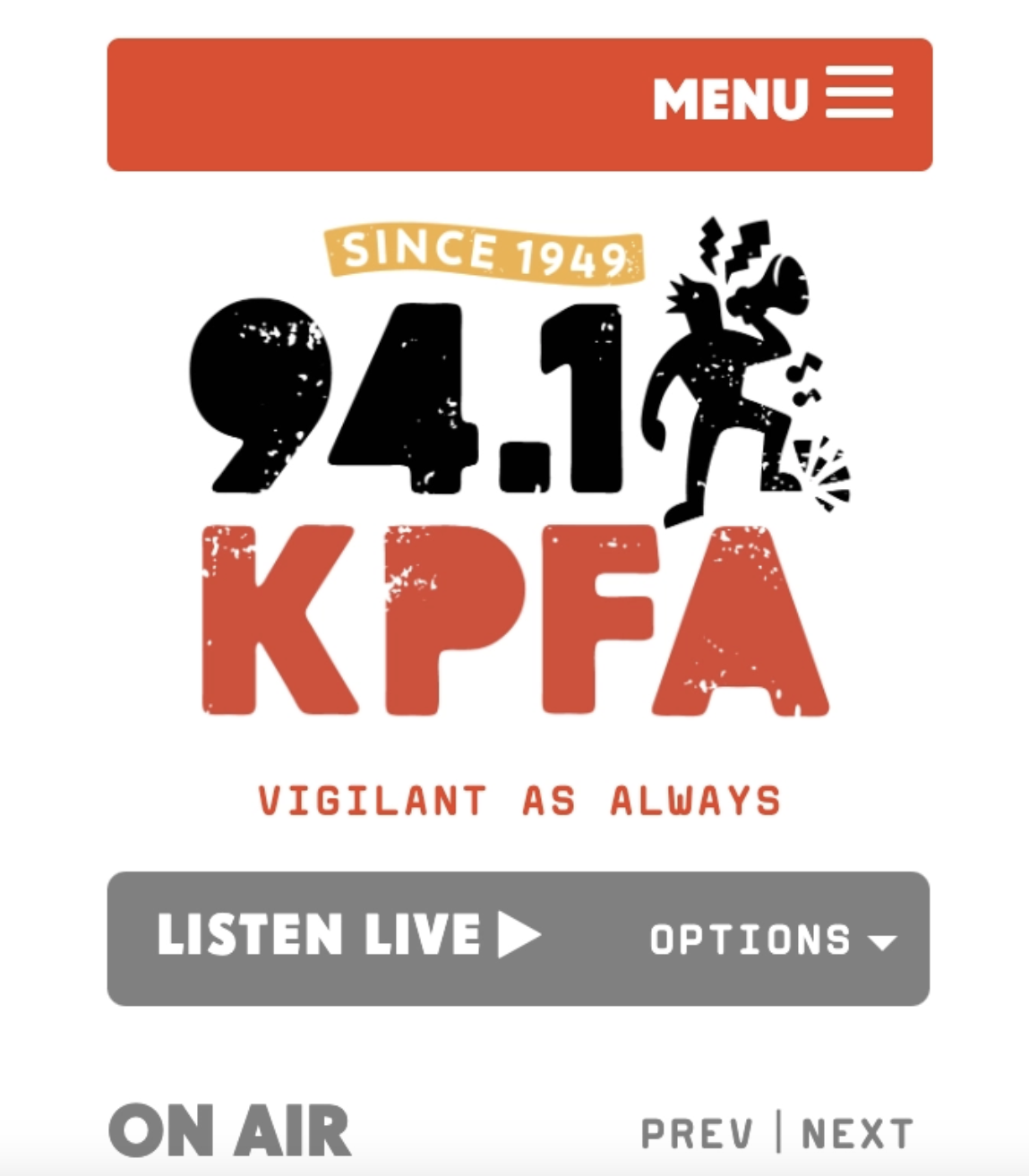PLAINS OF PO PREMIERES IN SAN FRANCISCO (US)

Puntata 1 del 17 giugno:
Puntata 2 del 24 giugno:
COVER TO COVER with Jack Foley
2PM-TUESDAY-2025-06/17-COVERTOCOVER.
KPFA 94.1 FM
(also available at the KPFA website live on Tuesday and in the Archive afterwards)
In 1941, Cole Porter wrote,
If I were Lord Byron,
I'd write you, sweet siren,
A poem inspirin',
A killer diller ooo.
Too bad I'm no poet,
I happen to know it,
But anyway,
Here's a roundelay
That I wrote last night about you.
You are to me everything….
In the 1960s, fans of Bob Dylan felt that he shouldn't be designated as "a mere songwriter" or "lyricist," that he deserved a more elevated title than that. The obvious choice––though at the time Dylan vehemently denied it––was to call him a poet. The people who chose the designation did not necessarily have much actual knowledge of the art of poetry but they were certainly familiar with the word. As a result, for them, "poetry" was not what Chaucer did or what Shakespeare did or what Edmund Spenser did or what Alexander Pope did or what Lord Byron did. "Poetry" was what Bob Dylan did. It was not what you could find in books: it was what you could hear on recordings. Following suit, other lyricists––even some you would associate with what John Lennon called "granny music"––were also designated as "poets," but the term remained somewhat uniquely associated with Bob Dylan. Of course, song lyrics have always been an aspect of poetry, but they did not define the art as a whole. And the notion of Dylan's distinctiveness grew: some of his fans––ignorant no doubt of the Gershwins' "Summertime" or of Irving Berlin's "Remember," or Cole Porter's "Begin the Beguine," to say nothing of Charles Ives' "General William Booth Enters the Kingdom of Heaven"––began to refer to Dylan as "the greatest songwriter of the twentieth century." Moreover, just as "lyricists" have begun to be understood as "poets," "poets" have begun to function as "lyricists," writing words that are set to music: Leonard Cohen is a highly successful example, but there are other, more recent examples. To name only a few: Belinda Subraman, Dan Harder, Jake Berry, myself.
George Wallace, a well-known, fine poet, has entered this arena and has recently issued CDs of his poems with music written by others. The most recent of these is the subject of today's show: The Plains of Po, a beautiful production with fine words by George Wallace, fine music and performance by Ana Spasić and Francesco Paolo Paladino, and gorgeous illustrations by Alberto Bertoldi. The great poet William Butler Yeats was always fearful that music would overpower his words and took care that that would not be the case when songs appeared in his plays. It is certainly not the case here.
Here is the title poem simply as a poem:
Not just the gone flesh
of a sinner
hanging beside
the glowing corpse
of his savage, cursing god
not just the flesh of the sun
in its erotic rage
raining volcanic ash
down upon civilizations
nor the son of a Roman
soldier or senator
amusing himself
with bayonet blades
and bottle rockets
I carry these poems
like sacraments
gripped in the
mystic act of love
like Paolo Pasolini
before the war,
a childlike figure
born from tilled land,
torched with felibrisme
in the sunstruck days,
surveying the rough,
heartless landscape
of northern Italy,
the 'Plains of Po'
beyond which lies
Bologna
And now, the CD...

Plains of Po, an internationally acclaimed album of art songs featuring the talents of poet George Wallace, soprano Ana Spasic and composer Francesco Paladino, debuts on the airwaves at KPFA (94.1) radio, San Francisco California, this Tuesday June 17 2 pm PST (5 pm EST 11 pm CEST).
In the first of a two-part show on Cover To Cover, the venerable poetry show serving the Bay area since 1988, Foley -- a highly influential poet, critic and radio personality -- groups Wallace favorably as a poet-lyricist with the likes of Bob Dylan, Leonard Cohen, George Gershwin and Cole Porter, and praises the album as a beautiful production with fine words by George Wallace, fine music and performance by Ana Spasić and Francesco Paolo Paladino, and gorgeous illustrations by Alberto Bertoldi.
"The great poet William Butler Yeats was always fearful that music would overpower his words and took care that that would not be the case when songs appeared in his plays," notes Foley. "It is certainly not the case here."KPFA, est. 1949, a pioneer in the Pacifica Radio Network, a champion of countercultural causes, and the first listener-supported radio broadcaster in the United States.Plains Of Po's premiere on KPFA-Cover To Cover follows on the heels of a major broadcast presentation and conversation in Rome with Red Ronnie, an historic TV personality and recognized gatekeeper for contemporary music listening throughout Italy.
Part II of Jack Foley's Plains of Po broadcast date TBA.
LINK podcast:
